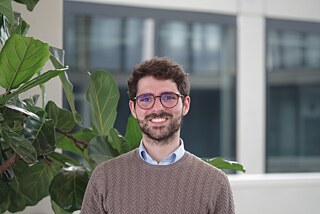Feedback on the Summer School 2022
"I have gained a network of connections that can lead to a collaborative project in future."
"The Summer School has been crucial for me in gaining new inspiration and has already led to exchanges in views and different materials with other participants."
"A marvellous experience to meet and connect with inspiring people, a great way to gain theoretical knowledge and try to put it in practice."
"A unique horizon-broadening event that does not happen every day."
"Very ambitious programme with lots of potential, inspiring speakers and participants, international and interdisciplinary atmosphere."
"Once again it has been proven to me that building interdisciplinary teams and facilitating global cooperation is the right way toward a responsible and trustworthy technology of the future."

































































